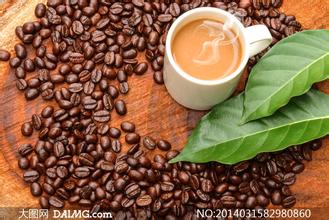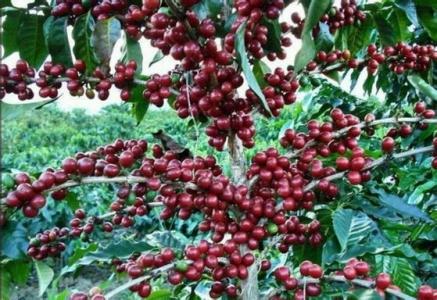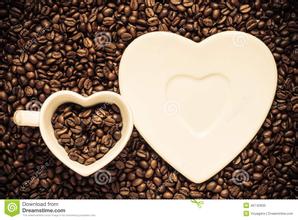Russian natural coffee powder sales increase
In 2006, the total volume of Russian coffee market reached 11.9-126000 tons, an increase of 4.57% over 2005. In the last three years, the growth rate of the market has been maintained at 4% Mel 5%, while the total Russian coffee market grew by 3% in 2006.
The growth of the market is due not only to the increase in coffee consumption, but also to changes in the consumption structure-consumers tend to drink high concentrations of coffee. The fastest growth in sales is natural coffee powder, which grew by 18% in 2006. Freeze-dried coffee has the largest sales volume, followed by granular coffee, followed by coffee powder. These three types of coffee account for 68% of the market. When measured by sales, freeze-dried coffee has the largest sales, accounting for nearly 50% of total sales. In 2006, freeze-dried coffee outsold granular coffee for the first time. This result is caused by a long-established consumption trend-consumers tend to buy high-quality coffee such as natural coffee and freeze-dried coffee. The market share of granular coffee, coffee powder and coffee mixtures is decreasing, and the per capita consumption of consumers is growing faster than that of the coffee market. The decline in the number of Russian residents is the reason for the relatively slow growth of the coffee market. In 2006, Russians drank an average of 278 cups of coffee. In the five years from 2003 to 2007, sales in the coffee market increased by 20 per cent and 83 per cent.

Important Notice :
前街咖啡 FrontStreet Coffee has moved to new addredd:
FrontStreet Coffee Address: 315,Donghua East Road,GuangZhou
Tel:020 38364473
- Prev

The first Asian Coffee Annual meeting was held in Mangshi, Yunnan.
China Economic News reporter Liu Ying reported that the first Asian Coffee Annual meeting was held in Mangshi, Yunnan Province on November 18-19, and Mangshi became the permanent venue of the Asian Coffee Annual meeting. This is the first time that the World Conference on Coffee Science has been held in an Asian country. More than 400 experts and scholars from nearly 60 countries and regions and coffee producers, entrepreneurs, scientific and technological workers and governments of some coffee producing areas in China
- Next

Starbucks, which sells coffee, plans to sell tea seriously in China. Let's start with tea bags.
Teavana is a brand founded by a couple in 1997. They hire professional purchasing teams to buy high-quality tea from tea gardens around the world, tea merchants (including, of course, Chinese) at high prices, then mix them into special teas and sell them online and in brick-and-mortar stores. Before the acquisition of Starbucks, Teavana mainly sold its own assembled bulk tea, including China's West Lake.
Related
- Unexpected! Ruixing Telunsu lattes use a smoothie machine to foam milk?!
- % Arabia's first store in Henan opens into the village?! Netizen: Thought it was P's
- Does an authentic standard mocha coffee recipe use chocolate sauce or powder? Mocha Latte/Dirty Coffee/Salty Mocha Coffee Recipe Share!
- What is the difference between Vietnam egg coffee and Norway egg coffee? Hand-brewed single product coffee filter paper filter cloth filter flat solution!
- What is the difference between sun-cured and honey-treated coffee? What are the differences in the flavor characteristics of sun-honey coffee?
- How to make Italian latte! How much milk does a standard latte use/what should the ratio of coffee to milk be?
- How to make butter American/butter latte/butter Dirty coffee? Is hand-brewed coffee good with butter?
- Is Dirty the cold version of Australian White? What is the difference between dirty coffee/decent coffee and Australian white espresso?
- Relationship between brewing time and coffee extraction parameters How to make the brewing time fall to 2 minutes?
- Got entangled?! Lucky opens a new store, Mixue Ice City, and pursues it as a neighbor!

